Care and hygiene are essential not only in bed but in other areas of life. But when it comes to linen bedding, it is more important than you think. Not cleaning your linen bedding regularly can cause health problems, such as allergies, skin breakouts, and more. That is why the cleaner the bedding, the better your health and sleep quality.
Natural bedding materials, such as linen - hard to compete against, everyone loves them. The flaxseed fibers are strong and have a lot of benefits like breathability, coziness, and durability. Even though some say that linen bedding can be rough on the skin, linen gets smoother, comfier, and all-around better with every wash.
If you consider investing in linen bedding, you need to know about the care for this fabric and how often you should wash them. So, this is the guide to that.
In the bedding category, you can find pillowcases, duvet covers, and bedsheets. It does not matter where you place the linen bedding; you need to clean them WEEKLY. All in all, this luxurious material is one of a kind, so the care for consists of five steps; you can always add or skip one step if it is not necessary; it is up to you:
Preparation for a wash. This is a significant step out of all because you need to be sure to spot-clean and pre-treat any deep stains to all bedding. To pillowcases in particular - check for make-up and oil residue. You can prewash to help remove the stains or check our guide to remove any stain from linen.
Detergent. Well, this one is a hot debate - do you need to use detergent or not? We say, yes, use detergent but be careful not to overuse it. Use mild liquid detergent to clean linen bedding, but try not to use any power because it stays in the material and can damage and reduce the lifetime of linen. Also, do not put detergent directly on the fabric as it can cause discoloration; always dilute detergent in the water and then add linen bedding. One more thing, do not use fabric softener. It can also damage the fibers.
Washing settings. We told you the preparation was necessary, well this is more crucial than that. Linen does not like hot water, so a cold setting is ideal. The temperature of the wash water should be lukewarm, no hotter than 104℉ (40℃). When washing linen, you need to wash it separately from all the other fabrics. So washing it alone gives the linen more room in the water, it helps to become cleaner.
Drying the linen bedding. The technology lets us machine dry the clothes, but the ideal would be hang-drying for the linen bedding, preventing wrinkling. If you do not have the option, you can dry in the dryer on a low setting. A tip from us - remove the bedding when it is 95% dry; it will prevent wrinkles.
Ironing linen bedding. The natural look of linen is a bit wrinkled, and we love that, but some want to smooth it out. You can iron linen bedding, but to do that, you should iron at the highest temperature with hot steam.
Those are the ideal steps to cleaning your linen bedding. If you complete all the steps and wash or change your linen bedding weekly, it will be a perfect balance of softness and luxury on your bed. Caring like this will retain its incredible texture and year-round appeal.



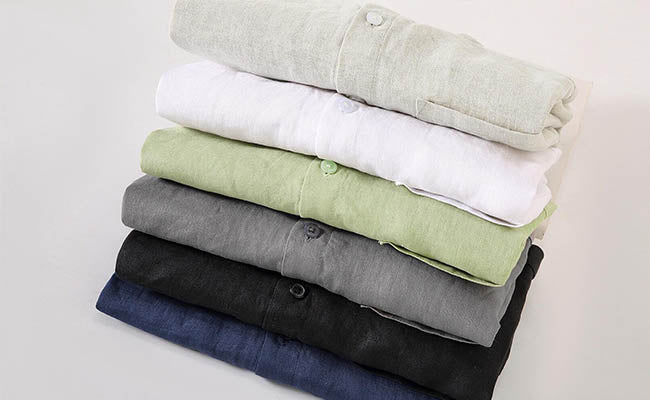



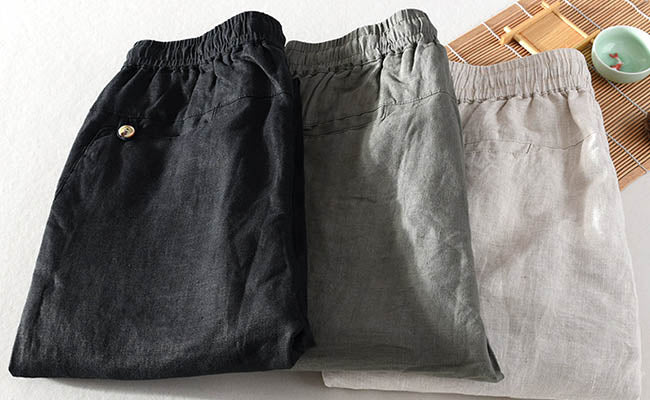


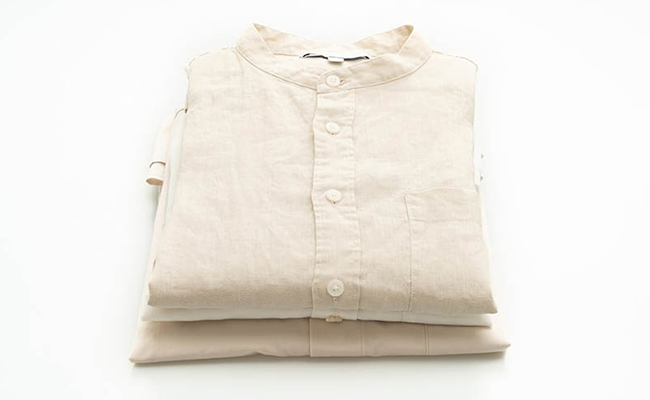

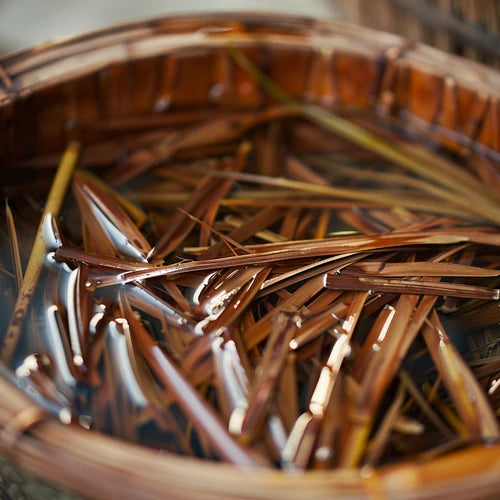
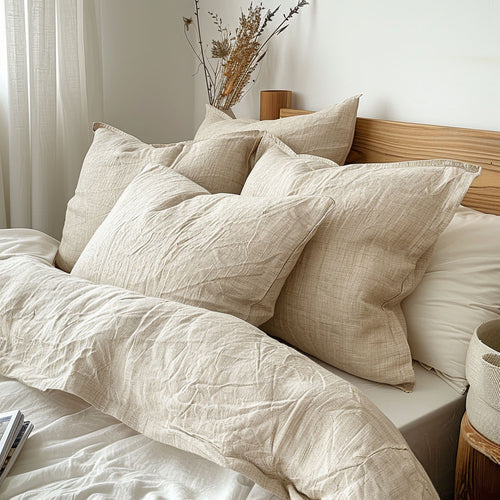
Leave a comment
This site is protected by hCaptcha and the hCaptcha Privacy Policy and Terms of Service apply.